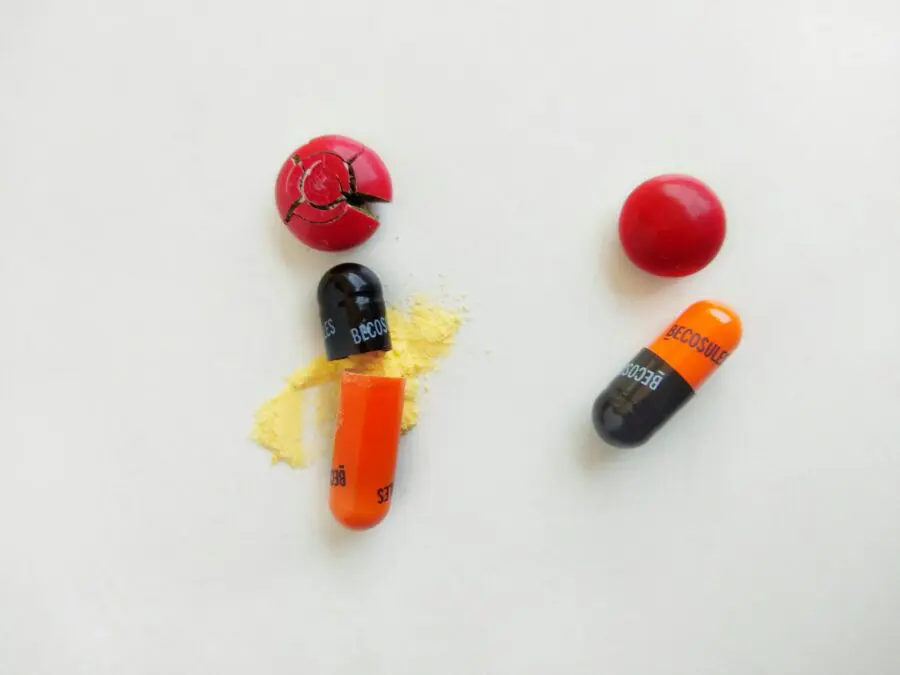In modern societies, it has become fashionable to go to the family doctor and leave his office with a prescription for medicine. That makes us live the day with peace of mind. But what we do not know is that, with that small gesture of going to the pharmacy, giving the prescription to the person who attends us in that establishment and fully trusting the product they give us, without being interested, even one iota in knowing the indications of the medicine may be putting us in danger.
We are told by doctors or pharmacy clerks that reading the notebook, the leaflet, is not necessary. What’s more, if you are a consumer of a certain age, or if your eyesight is no longer what it used to be, or do not try, although perhaps with a magnifying glass you will achieve it. An old global marketing strategy, to discourage locals and strangers.
Do you think it is clear to the doctor or pharmacist that this medicine can cure them?
To get an answer I have gone to a book that fell into my hands a few days ago, published by Peninsula, in Spain: Chronicle of an intoxicated society. Its author Joan-Ramón Laporte. Born in Barcelona in 1948, he was 76 years old at the time, now dedicated to research, he was a professor of Therapeutics and Clinical Pharmacology at the University of Barcelona and head of the clinical pharmacology service at the Vall d’Hebron Hospital in Barcelona. In addition, throughout his career he founded the Catalan Institute of Pharmacology, a school for great professionals and promoted the creation of various scientific societies and research networks of national and international scope in Europe and Latin America, among many other things. Therefore, it seems to me an expert voice to be able to answer the previous question.
Without going into the book, which I must still confess that I have not “gutted”, “underlined” and studied as it deserves, I think that taking advantage of the generosity of its years of experience they will allow me to reproduce part of the first two paragraphs of the introduction to the same book, which by the way leaves many doors open for us to continue investigating.
“… In 2022, Spanish doctors wrote 1,100 million prescriptions for medicines. Out of 10 people, three take a drug for sleep or depression, two or three take omeprazole, and two take a cholesterol medication. Consumption is concentrated among the elderly and the poorest. Women receive twice as many psychotropic drugs as men. The poorest eight times more than the richest. Older people seven times more than younger adults.”
1,100 million prescriptions in 2022! Only in Spain.
According to the words of Joan-Ramón Laporte, it is clear that there are medications that, used at a specific time, will relieve pain, “cure” a disease and alleviate its symptoms…But they can also cause a new disease.
The series about doctors and hospitals, especially in the USA, permanently keep an eye on this question. How many times has an efficient, upright doctor whose commissions for prescribing according to which treatments should not be excessively high, discovered overmedication in a patient and tried to remedy it? How many times has the health system based on consumption allowed you to do it?
We are more profitable for the pharmaceutical industry as long as we take more drugs. Regardless of whether we are cured or not. What’s more, the home pharmacies hidden in the drawers of bedside tables or in cupboards full of pills, syrups, etc., are a current account where the State puts our tax money. The curious and unhealthy feeling that everything is free in the medical field is absurdly a lie. Someone pays and if the State does it, we do it.
Joan-Ramón Laporte, in his aforementioned book comments: In fact, we are suffering from a silent epidemic of adverse effects of medicines, which in Spain are the cause of more than half a million hospital admissions and at least 16,000 deaths a year, as well as dozens of cases of diseases as varied as severe bleeding, femur fractures, etc. pneumonia, cancer, violence and aggression, suicide, myocardial infarction and other heart diseases, stroke, dementia and Alzheimer’s disease,…
All of the above is written among the contraindications of many of the medications we take. And if we listen to the written words of the expert, who should we blame for the half a million hospital admissions due to the mismanagement (concern) that doctors make of the drugs they prescribe to us? And about the 16,000 deaths, deaths per year, who are responsible?
If we were talking about criminality in the field of police security and we were given a figure like this, data like these, with five hundred thousand injured and a scandalous number of deaths, we would be talking about the negligent attitude of our state security forces and bodies. Why not do the same with our doctors?
I sincerely believe that honest doctors should be the first to question the health system that surrounds us, and try to modify their attitude, comfortable, both personally and unionically, with the industrial network that exists behind the pill that the final consumer takes. The pharmaceutical industries are not charity angels as demonstrated every day in the hundreds of millions that pay for negligence around the world and by the profit and loss accounts they present at the same time, where they have earned billions at the expense of making consumers addicted.
Review the medications you take and don’t hesitate to talk to your doctor about their contraindications. And if you see that you take a lot of pills, seek a second opinion and lower your doses little by little, with the help of experts, in order to try to get out of a wheel that, as they tell you, leaves 16,000 deaths a year and half a million hospital admissions, according to the words of an expert such as Pharmacologist Joan-Ramón Laporte.







